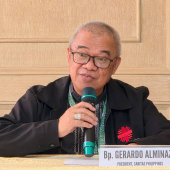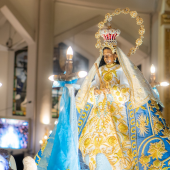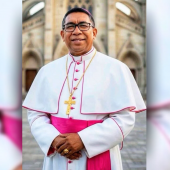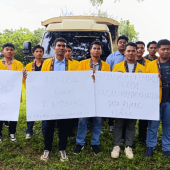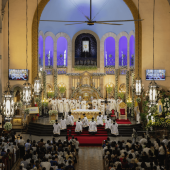Philippine Diocese Launches Legal Aid Ministry for the Poor
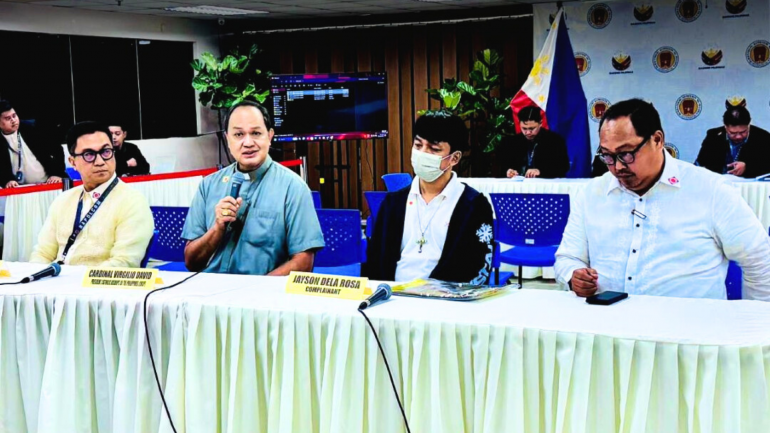
The Diocese of Kalookan in the Philippines has launched a new legal aid program to help poor and marginalized communities gain access to justice.
The initiative, called the “Access to Justice Ministry,” was introduced by Cardinal Pablo Virgilio David, Bishop of Kalookan and President of the Catholic Bishops’ Conference of the Philippines (CBCP). He expressed concern that many poor Filipinos remain vulnerable in the justice system due to the lack of proper legal representation.
“I am appealing especially to our public attorneys,” Cardinal David said, urging lawyers and paralegals to join the ministry in providing pro bono services.
The diocese explained that the program was created in response to the growing number of poor individuals facing criminal charges without legal guidance. Many of them, it noted, are unaware of their rights, cannot afford bail, and lack access to timely legal aid.
Cardinal David recalled the heartbreaking reality of hearing clients say they would plead guilty simply because they could not afford bail or endure a lengthy trial. “It breaks your heart to hear the poor say, ‘What choice do we have?’” he said.
In a statement, the diocese stressed that the poor often bear the heaviest burden in the justice system. “The Access to Justice Ministry of the Diocese of Kalookan seeks to change this situation by providing timely and compassionate legal aid for the poor,” it said.
The diocese is now mobilizing volunteer legal professionals to provide free legal counsel and assistance. According to Cardinal David, the ministry will also protect powerless individuals from abusive law enforcers and other forms of injustice.
Legal advocacy has long been part of the Catholic Church’s mission in the Philippines, particularly in defending human rights and protecting the dignity of the marginalized. Through this ministry, the Diocese of Kalookan hopes to embody Pope Francis’ call for the Church to be a “field hospital” for those most in need, not only spiritually, but also in the realm of justice and human rights.
Cardinal David explained that the diocese decided to establish the ministry following the case of Jayson Dela Rosa, whom he accompanied in filing an administrative complaint before the National Police Commission against three police officers. Dela Rosa had been arrested for theft and later charged with illegal gambling.
This new initiative reflects the Church’s broader mission to stand with the poor and vulnerable, ensuring that justice is accessible to all, regardless of social or economic status.
Radio Veritas Asia (RVA), a media platform of the Catholic Church, aims to share Christ. RVA started in 1969 as a continental Catholic radio station to serve Asian countries in their respective local language, thus earning the tag “the Voice of Asian Christianity.” Responding to the emerging context, RVA embraced media platforms to connect with the global Asian audience via its 21 language websites and various social media platforms.









